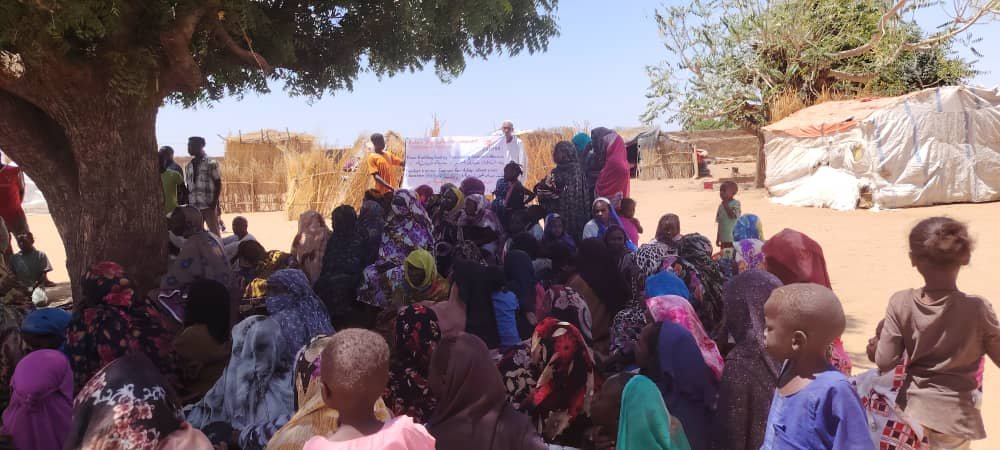About Us
This organization has been initially established in South Kordofan State in 2011 in response to the live-threatening emergencies that faced vulnerable communities during the 2011 armed conflict between the ruling government (NCP) and its political opponent (SPLM-N). Zahra Organization for Integrated Development Services (ZOIDS) is established by some indigenous academic professors and other youth groups and experts of environmental studies and peace building. ZOIDS has been working in health, education and water sanitation activities since 2011, partially self-funded and/or though private sectors and philanthropists.
ZCIDS is a national voluntary charitable humanitarian non-governmental study center that care for peace building and conflict prevention via Natural Resource management.

Vision & Mission
Vision: A world without conflicts over natural resources, fostering sustainable
development, peace, and religious freedom.
Mission: To forge alliances for peace and productivity, mitigate conflicts, and build
local capacities through analysis, civic education, and strategic development
initiatives.
Objectives
- Promote environmental awareness and social tolerance.
- Support sustainable development via capacity building, community participation, and
livelihoods enhancement.
- Empower civil society, IDPs, returnees, and vulnerable groups to participate actively
in the transition process.
- Reduce conflicts, strengthen community resilience, and improve natural resourcegovernance through eco-friendly practices
Activities & Impact
- Rehabilitation of water infrastructure, capacity building in water management, and
- COVID-19 public health campaigns in Al-Reif Al-Sharqi and Rashad.
- Multi-agency humanitarian responses including WASH improvements, sanitation, and
community hygiene promotion.
- Education initiatives supporting inclusive learning for displaced and vulnerable
children, psychosocial support, and awareness campaigns on GBV.
- Peace-building dialogues, community resilience programs, and advocacy efforts to
foster social cohesion.
- Food security interventions through distribution of seeds and agricultural inputs in
remote areas.
- Distribution of dignity and hygiene kits, and support for natural resource management
in hard-to-reach communities